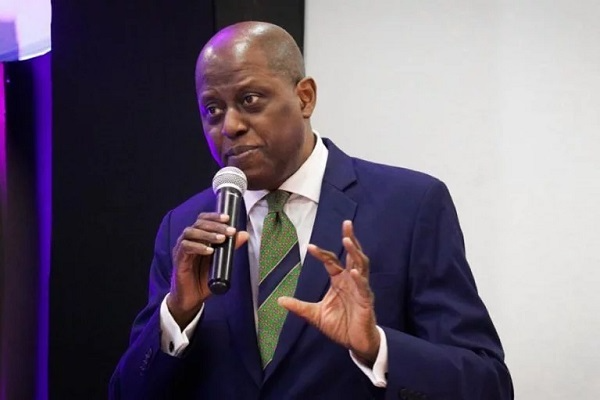The Governor of the Central Bank of Nigeria (CBN), Olayemi Cardoso has signalled that interest rates will remain elevated until the inflation rate recedes, as reported by the Financial Times on Monday.
Cardoso emphasised the adoption of orthodox policies to combat inflation, which soared to 33.20 per cent in March from 31.70 per cent in February.
He said hiking interest rates obviously has had a dampening effect on the foreign exchange market, so that has begun to moderate. “It’s not a zero-sum game. You lose on one side, you get on the other,” he said.
In response, the CBN’s Monetary Policy Committee (MPC) raised the interest rate by 200 basis points in March to 24.75 per cent. Cardoso stressed that the MPC is prepared to take necessary measures to curb inflation, stating, “They will continue to do what has to be done to ensure that inflation comes down.”
Acknowledging a shift in policy, Cardoso highlighted the CBN’s renewed focus on price and monetary stability, affirming that the foreign exchange (FX) market’s official window has been stabilised. He noted that investors are becoming more accustomed to market fluctuations, signalling a positive change in behaviour.
“We want to go back to using an orthodox method, and it will take us to where we want to go,” the CBN governor said, adding that the apex bank had been reoriented to focus on price and monetary stability,” he said, according to the platform.
While the naira experienced volatility, Cardoso pointed out its recovery from its lowest level of N1,627.40/$ in the official FX window on March 8 to N1,154.08/$ on April 18. However, the currency’s gains began to erode thereafter, with the official FX rate standing at N1,466.31/$ as of May 10.
Cardoso acknowledged the impact of elevated interest rates on the FX market, expressing hope that they would not deter investment and production for an extended period. He attributed the inflationary pressures primarily to high food prices, which surged to 40.01 per cent in March compared to 24.45 per cent in the same period last year.
“Hiking interest rates obviously has had a dampening effect on the foreign exchange market, so that has begun to moderate. It’s not a zero-sum game. You lose on one side, you get on the other,” he said, adding that the apex bank had been “reoriented” to focus on “price and monetary stability”.

